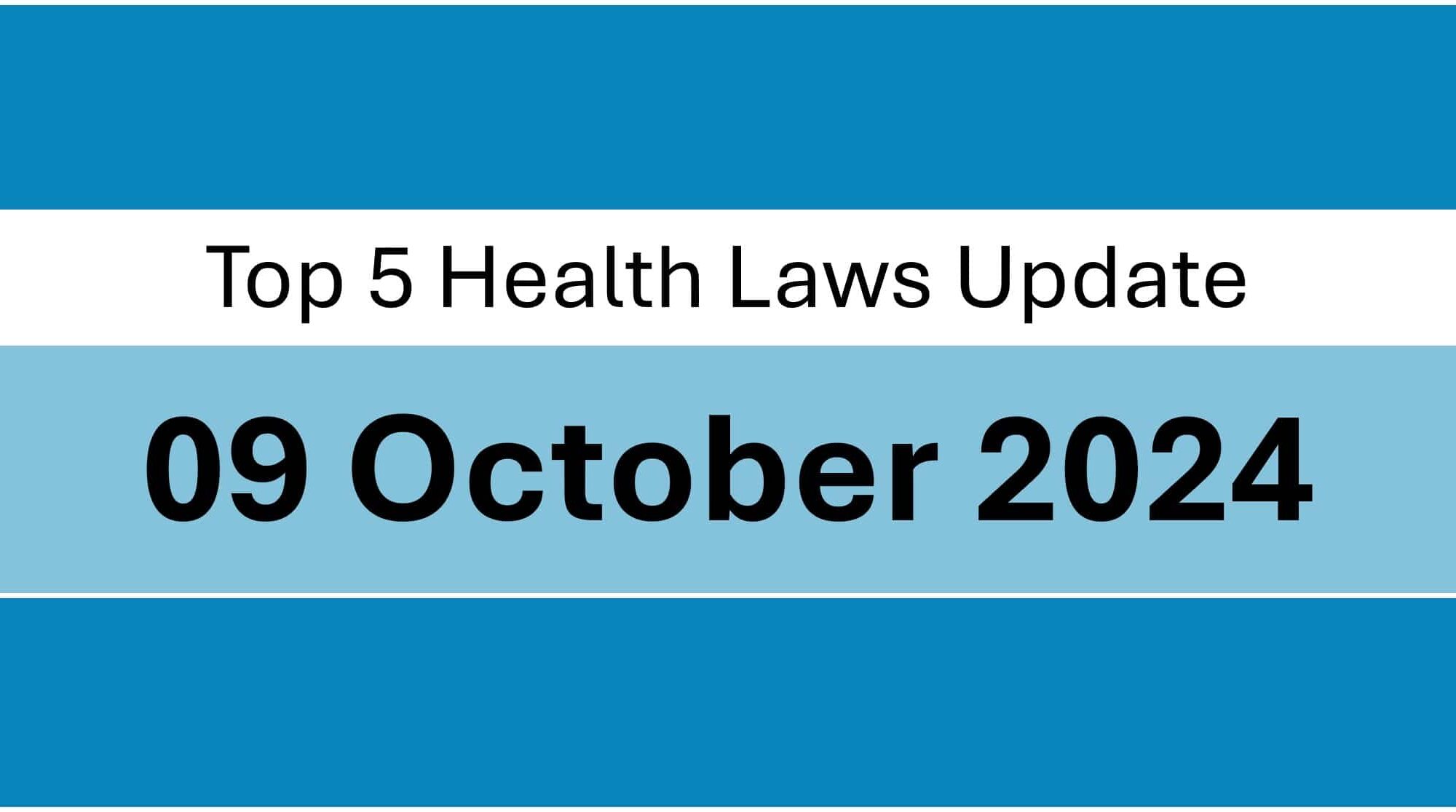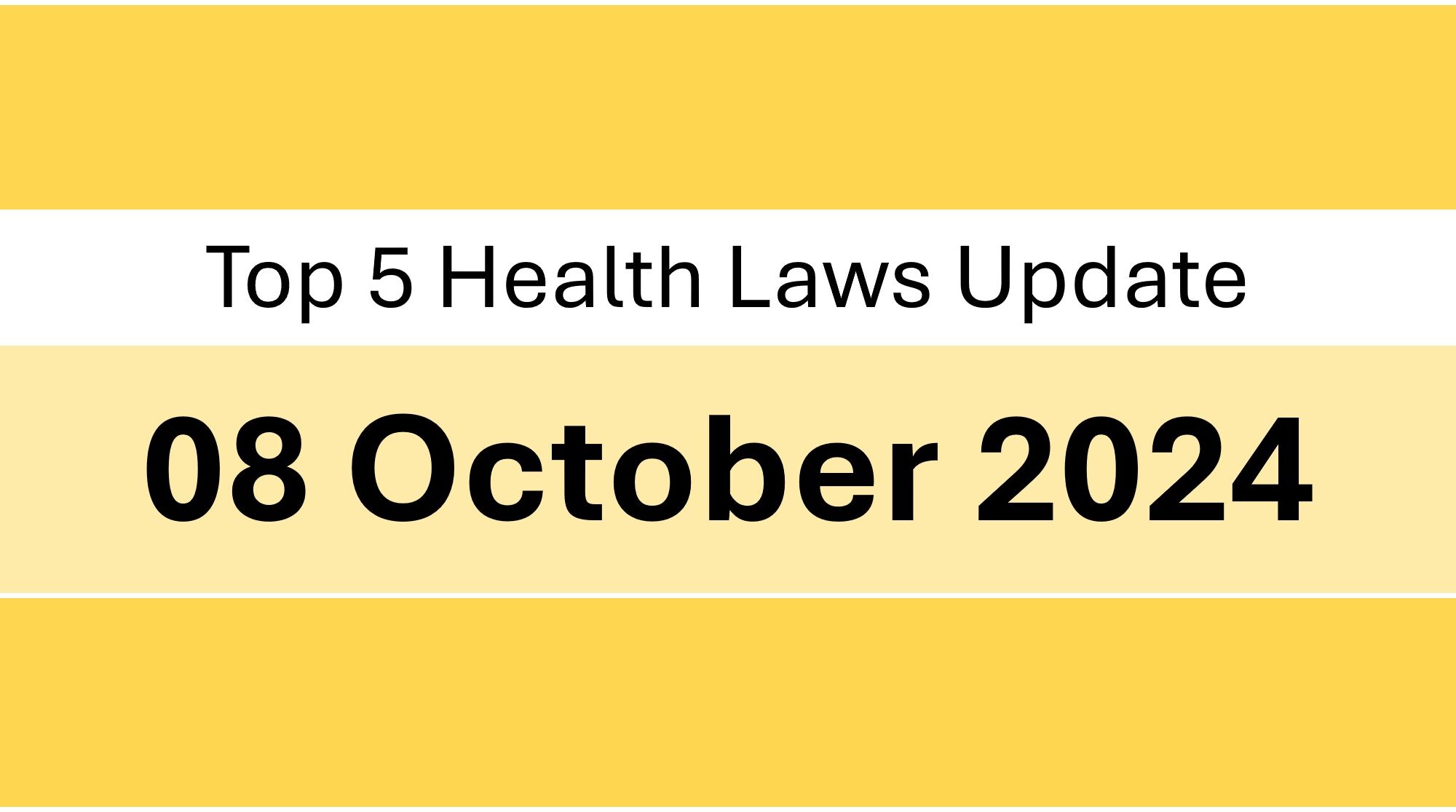Dear Readers, we are happy to share the most interesting legal and policy updates concerning health industry that we read today. We hope you enjoy reading it.
1. The Drugs Technical Advisory Body, in its 91st meeting, has recommended the exemption of several chemical contraceptives at specific dosage values, from the labelling requirements under Schedule H which would have limited sale by prescription only.
Source: bit.ly/3ZWiqqU
2. The Directorate General of Foreign Trade has amended the export policy for cough Syrup, amending an earlier notification, exempting the requirement for pre-export testing for jurisdictions including the USA, EU, and South Korea which may already have granted approval.
Source: bit.ly/3YfvOVP
Source: bit.ly/3YeH6tI
3. The Ministry of Environment Forest and Climate change has notified the Liquid Waste Management Rules, 2024 set to come into force from 1st October; which govern the treatment and management of liquid effluents arising from domestic and industrial activities including treatment of wastewater, sludge generated during treatment of wastewater and reuse/reutilization of any wastewater or sludge generated.
Source: bit.ly/3YhCpzl
4. In a recent public notice, the Central Government Ministry of Ayurveda, Yoga and Naturopathy, Unani, Siddha and Homeopathy (AYUSH) has clarified that it does not license or ratify any AYUSH products or medicines, and warned against the advertising of AYUSH products as “Miracle Cures”. This comes in the light of the Ministry of AYUSH having repealed Rule 170 of the Drugs Rules, 1945, which regulated AYSUH advertising.
Source: bit.ly/4dzToBi
Source: bit.ly/3XXf9Fi
5. The European Commission’s Medical Device Coordination Group (MDCG) has issued a voluntary document to supplement its earlier Designation, re-assessment and notification of conformity assessment bodies and notified bodies, which is intended to guide notified bodies to impose corrective and preventative action.
Source: bit.ly/4eYr4JJ


